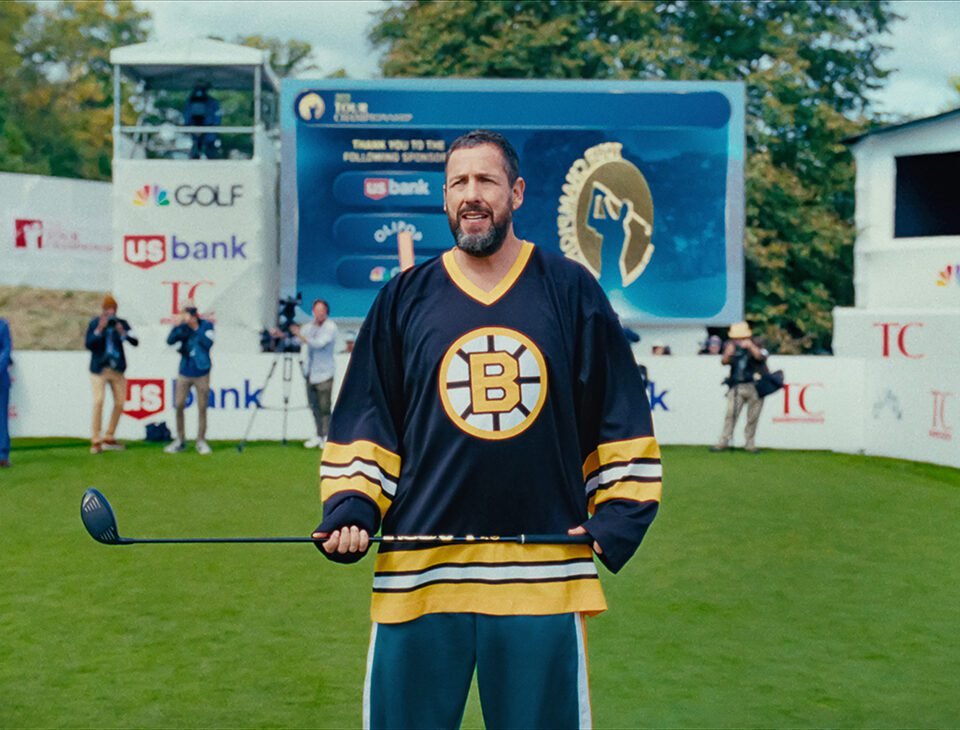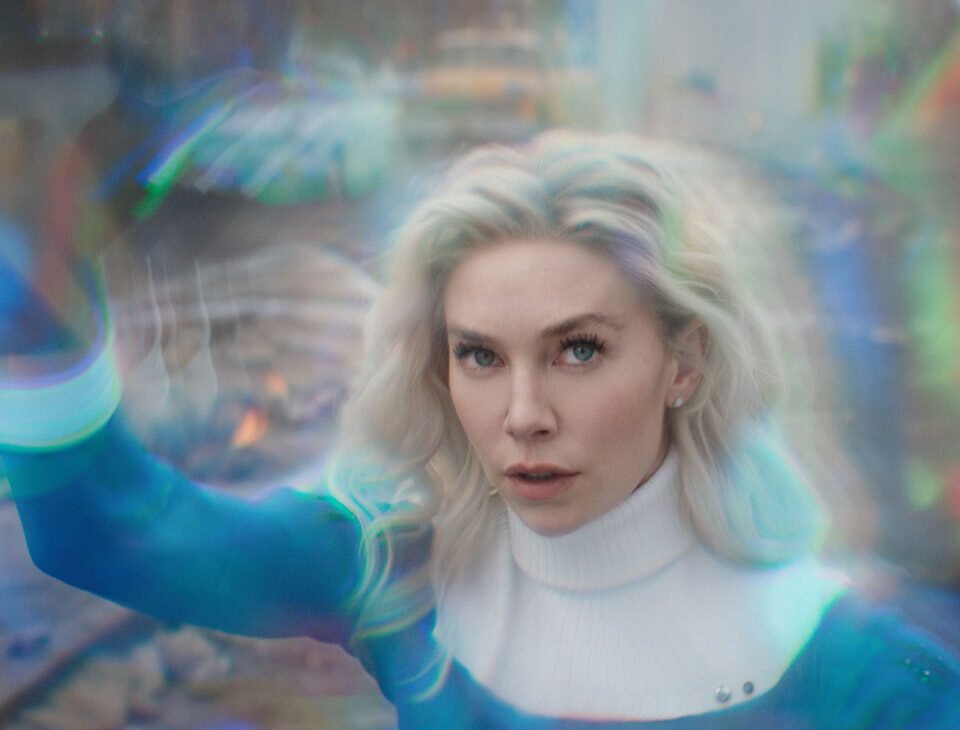


Goddard Earth Science Projects Prominently Featured at AGU
October 5, 2023


5 things about AI you may have missed today: AI of the tiger, AI will surpass human intelligence, AI voice cloning, more
October 6, 2023Spanish philosopher Paul B. Preciado helms a documentary that links the eponymous hero of Woolf’s 1928 novel to a multigenerational group of 25 trans and genderqueer people.
Orlando, My Political Biography
A winner for Woolf fans.
Orlando’s transformation happens without much fuss. The eponymous hero of Virgina Woolf’s novel went to sleep as a man and woke up, a week later, a woman. “No human being, since the world began, has ever looked more ravishing,” Woolf’s narrator, an anonymous biographer, observes. The subject herself seems unperturbed by the sudden gender shift. After noticing the change, she takes a bath.
There’s a strange power to this incurious posture. It treats Orlando’s transition as a continuation instead of a rupture of the self, a transformation defined beyond the clinical. Knowing this adds a surprising emotional layer to Paul B. Preciado’s Orlando, My Political Biography, a cerebral documentary inspired by Woolf’s novel. The film, which comes to us three decades after Sally Potter popularized the novel with her narrative adaptation, adopts the book’s radical protagonist as an ancestor to trans and genderqueer people, building a playful collective biography of contemporary Orlandos — a multigenerational group of 25 individuals whose stories echo, complement and texture one another. It’s a declarative project, which oscillates between didacticism and experimentalism. What viewers take away from the doc will depend on their familiarity with Woolf novel. Preciado’s film comes most alive when it plays with its source material.
But Orlando — radical in its feminism — is not without its limitations, and Preciado understands that. The philosopher frames his documentary as a letter to Woolf, addressing the author directly. “You have never been as alive as now,” he says of the author who died in 1941. He has the other Orlandos weave their own stories into their recitation of passages from the novel. These dramatic choices reorient the doc, transforming it into a playground of shifting perspectives and an impressive work of literary criticism.
The “you” in Orlando, My Political Biography is always fixed. It is Woolf — the wry novelist, the poetic epistolarian and prolific essayist, the secret lover of Vita Sackville-West, the melancholic who drowned herself in the River Ouse. The “I” is less sturdy, more fluid. It shifts from Preciado to Oscar S Miller, Janis Sahraoui and other performers who are cast as Orlandos, and then to the fictional Orlando, too. The clever textual integration collapses the narratives, turning them into a chorus of stories that animate and interrogate Woolf’s novel. When Amir Baylly, an Orlando of French Rwandan descent, recounts his African relatives’ acceptance of his transition (“It tends to surprise people,” he says), it’s a subtle refutation of the racism laced throughout Woolf’s novel and assumptions about an inherent Western progressiveness.
Preciado’s doc is less a biography — details of his life are comparatively scant — and more an anthemic and celebratory exercise. It’s often funny too, mimicking the source material. The film moves in loose accordance with the timeline of Woolf’s novel, and the Orlandos are costumed in millstone collars. They re-enact scenes from the novel, perform musical numbers and sit down for interviews where they talk about their lives. Preciado stages encounters between them — in the waiting room of a doctor’s office or a courthouse, for example. All the while, he tells Woolf, in his voiceover, about the contemporary reality of going against the gender binary: the punishing psychiatric evaluations, the obstacles to getting hormones, the dissonance of the state’s refusal to replace ID cards, and other practical matters.
It’s strange, then, that the visuals are so often sheepish, lagging behind Preciado’s sharp and instructive analysis. Part of Orlando’s charm is its experimental style. It’s witty and sardonic, but also indulges in poetic language, refracting familiar experiences into visceral scenes. Orlando, My Political Biography misses an opportunity to be more audacious in its images, especially during the long stretches that accompany Preciado’s voiceover. There are flashes of inspiration: The re-enactment of Orlando and Sasha’s passionate dalliance is arresting, with close-ups revealing the performer cast as Sasha. A final scene in a courtroom builds a bridge connecting the novel, Preciado’s observations and a future of freedom. The doc would benefit from more such moments, which use images to move beyond the intellectual and embrace an unmapped emotional terrain.





